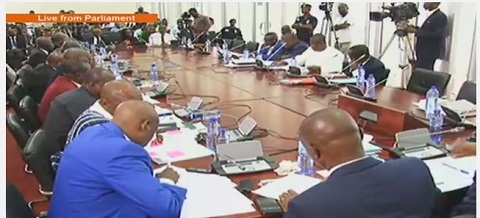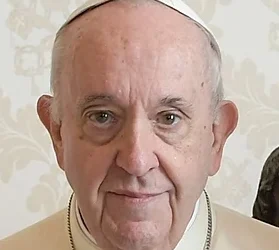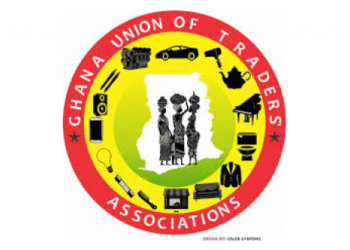The Public Accounts Committee (PAC) of Ghana’s Parliament has long been seen as a pivotal force in the fight against corruption. Tasked with scrutinizing government accounts, exposing irregularities, and recommending corrective measures, the PAC serves as a watchdog over the public purse.
Despite its diligent efforts and numerous revelations of malpractice, the PAC’s effectiveness in curbing corruption remains a subject of debate.
The committee’s mandate is clear: to examine the audited accounts presented to Parliament by the Auditor-General, ensuring that public funds are spent appropriately. This oversight role includes reviewing the Auditor-General’s report and making recommendations to prevent future financial mismanagement.
Over the years, the PAC has consistently brought to light a troubling array of financial improprieties within government institutions, from the misappropriation of funds to the existence of ghost workers and inflated contracts.

In 2021, the PAC uncovered substantial unaccounted-for funds within the Ghana School Feeding Program, raising serious concerns about the transparency and efficiency of government expenditure.
In a related development, the committee directed the Auditor-General to carry out a special audit of the National Sports Authority (NSA) over suspected financial irregularities. Additionally, the PAC called for the prosecution of staff at the Registrar General’s Department for the unauthorized procurement of goods and services valued at GH¢360,633.00.
More recently, the PAC criticized the Controller and Accountant General’s Department (CAGD) for its failure to recover GH¢61 billion in state funds locked up with various companies and state institutions. Such exposures highlight the significant losses taxpayers incur due to inflated contracts and irregular disbursements, including those intended for critical responses like the COVID-19 pandemic.
Despite these serious findings, prosecuting those implicated in corruption remains a significant challenge. While the PAC is empowered to issue recommendations, it lacks the authority to enforce them or compel law enforcement agencies to act. This accountability gap has allowed many individuals implicated in corruption to evade justice, fostering a culture of impunity.
The absence of prosecutorial power within the PAC necessitates reliance on various agencies for enforcement. Unfortunately, this dependence often leads to delays or inaction, further eroding public trust in the government’s commitment to combating corruption.
To address these concerns, several key reforms are essential. First, law enforcement agencies must prioritize and act swiftly on the PAC’s recommendations. Second, the judiciary should expedite the prosecution of corruption cases, ensuring that those found guilty face timely and appropriate penalties.
A significant step toward enhancing the PAC’s effectiveness would be the establishment of a Financial Tribunal. This body could directly handle cases involving public officers found guilty of financial malfeasance as identified in the Auditor-General’s reports. Such a tribunal could streamline the judicial process, ensuring that justice is not only served but also perceived as being served.
Moreover, the role of the media is crucial in this context. The media serves as a vital link between the PAC’s findings and the public, promoting transparency and accountability. Journalists have a responsibility to diligently follow up on the PAC’s recommendations, tracking whether prosecutions are pursued and whether misappropriated funds are recovered.
By consistently reporting on these developments, the media can keep the public informed and hold both the government and relevant agencies accountable. This vigilance is essential for maintaining public pressure for action and ensuring that corruption does not go unchecked.
















